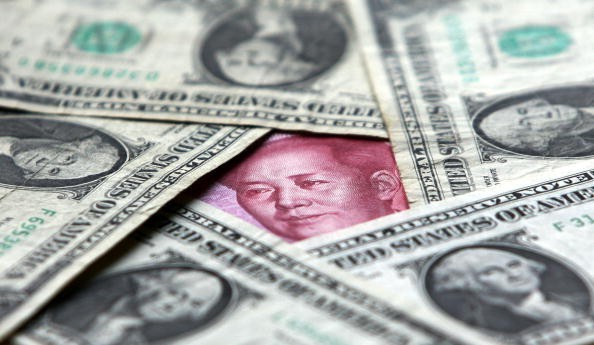According to Premier Li Keqiang, the government has allotted a three-percent-of-GDP threshold in its 2016 deficit target, aiming to boost government spending and ease the tax burden of enterprises.
With this, China's State Council has taken various measures in an effort to reduce taxes and fees, China Daily reported.
First off is the value-added tax reform which was piloted in 2012. The change from business to value-added tax is expected to save 500 billion yuan from businesses for this year, an estimate from the State Administration of Taxation revealed.
Another measure is the reduction in the rate of pension and housing provident funds. Starting May 1, the contribution rates required for such funds will be dropped in a two-year period--it will be reduced to 20 percent for enterprises contributing over 20 percent of the insurance payment and 19 percent for those in provinces with sufficient funds.
Meanwhile, the unemployment insurance will also be reduced to 1 to 1.5 percent.
China has also announced it will further cut government funds in a bid to reduce the masses' financial burden. Back in February, officials have streamlined and maximized a total of 13 government funds, reducing financial burdens worth 26 billion yuan.
Furthermore, the Ministry of Finance and the National Development and Reform Commission (NDRC) also jointly stated that they will be "expanding the exemption scope of 18 administrative charge items," the article wrote.
These administrative charges will be expanded to include individual- and enterprise-level fees such as new veterinary drug approval and domestic plant quarantine fees.
As part of the government's plan, electricity price will also be decreased effective this year after the NDRC noted that it has cut on-grid and retail tariffs by an average of 0.3 yuan per kilowatt-hour.
Lastly, China said that it will reduce bank transaction fees. The People's Bank of China posted on its website that the cut it has implemented for merchants paying for bank card transactions will result in a 7.4-billion-yuan worth of savings.
China Daily noted that for 2016, the government deficit is estimated at 2.18 trillion yuan--a 560-billion yuan increase from last year.



























